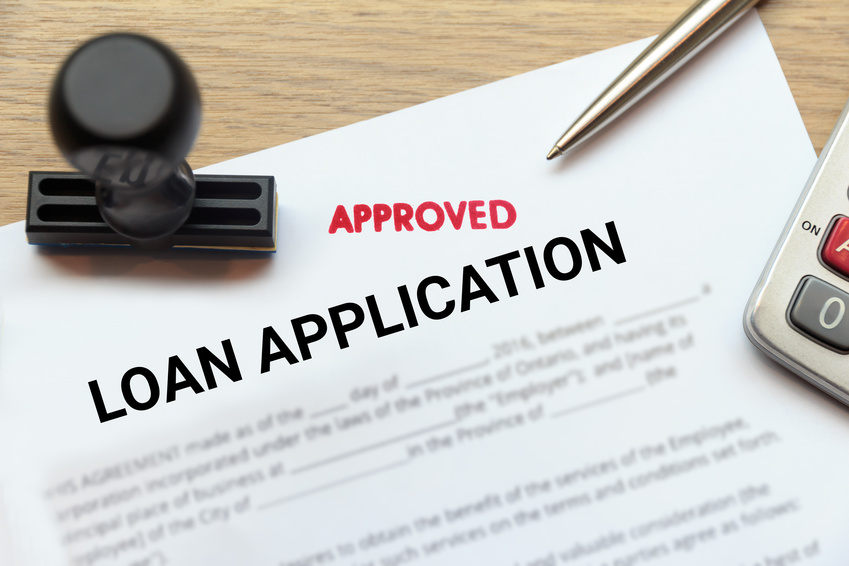
Money makes the world go ’round. Money is required to buy a house, a car, and attend university. Unfortunately, most of us don’t have enough cash available to quickly and easily pay for all of those necessities upfront; that’s why so many types of loans and loan programs exist.
However — because home loans, mortgage options, and personal loans vary so much — it can be difficult to find the right one to suit your needs. Let’s take a look at five different types of loan programs to help you better understand your options.
- Conventional: Conventional loans are mortgage loans from mortgage lenders not backed by the U.S. government (like the Department of Veteran’s Affairs or the Federal Housing Administration). They fall into two categories based on size.
- Conforming: Conforming loans conform to the guidelines set by Fannie Mae and Freddie Mac, both federal loan companies. They allow low- and middle-income buyers access to more affordable mortgages. The main guideline is the maximum loan amount, which, as of 2019, is set at $484,850.
-
- Non-Conforming: Any loan that exceeds that loan limit is considered a non-conforming loan, and is also referred to as a jumbo loan.
- Secured: Secured loans are also known as collateral loans. By leveraging personal property to obtain your loan, you may be able to get a better interest rate or larger loan. However, it comes with risks; if you default, the property is transferred to the lender.
- Unsecured: Unsecured loans — also known as personal or signature loans — are not backed by collateral, so the interest rate and size of the loan is determined by your credit history and income. If you’re making decent money, have a quality credit score, and an ironclad payback plan, unsecured loans can be a great option.
Regardless of which loan you settle on, you’re going to need to consider a few other factors: how much money are you able to put in a downpayment (especially if this is your mortgage), and what is your credit score? The average FICO score nationwide is 699, but higher is always better; even if your loan is for a smaller amount, you’ll accrue less interest if the bank knows you’re financially trustworthy.



